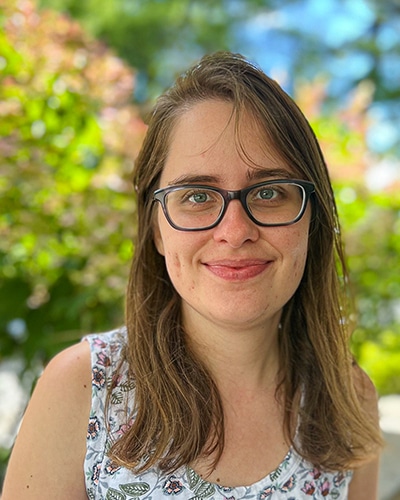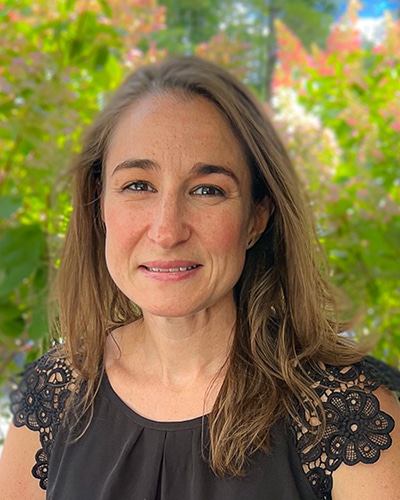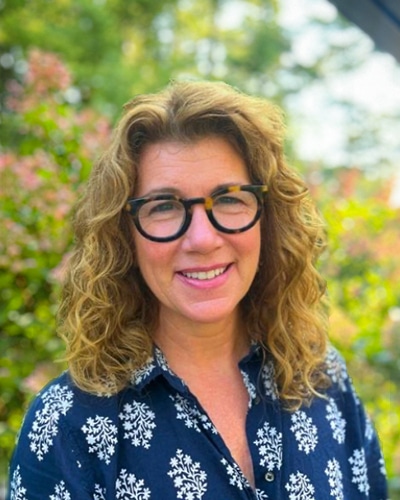First Grade
Topics introduced in Kindergarten are now practiced in First Grade. With the continued use of manipulatives, games, and workbooks, students are introduced to place value and addition and subtraction to solve problems. They begin to develop skills in communicating their reasoning and problem-solving strategies both verbally and in written form. Students continue their exploration of patterns, shapes, data, time, and money.
A large focus of First Grade is to develop and encourage a love of literacy and learning. In First Grade, students are exposed to a wide variety of books, including folk tales, biographies, and realistic fiction. In reading groups, students meet several times a week to read and discuss leveled books with the goal of developing strong, independent, and enthusiastic readers. Students engage with more complex texts during teacher read-alouds, and develop key comprehension skills such as making predictions and identifying the central message of a story. The Wilson Fundations program is also used in First Grade to continue developing phonics and phonemic awareness skills. In First Grade, students learn that writing is a valuable form of communication. They begin the year with a review of the writing process before writing personal narratives about small moments. As their skills develop, they learn the structure of how-to, opinion, fairy tale, informational, and poetry writing. Students are taught how to enrich their writing through mini-lessons, which focus on skills such as adding dialogue, using temporal words, and creating detailed illustrations.
BCD’s campus is used as a starting point for students to learn about the natural world of the Berkshires before they transition into a more formal study of the scientific process.
Students begin the year learning to conceptualize the classroom as a community which provides a context for social studies learning about communities around the world. By starting with concrete experiences, students develop a solid foundation to explore broader and more abstract concepts as the year progresses.
Responsive Classroom approach is modeled throughout the day as we work together on building a classroom community. Social skills, friendships, kindness, self-esteem, feelings, values and character education are all emphasized and valued. Twice a week teachers use the Character Strong program and work with students on how to be kind, be strong, and be well in any circumstance and help us become connected, resilient and empowered individuals.
BCD’s music program is composition focused. BCD uses a blend of traditional and non-traditional music instruction in order to make music more accessible to all student abilities. Using an “Action Learning” approach to music instruction, students put into practice what they learn in class by creating music that is meaningful to them. Students explore composition through the utilization of Orff instruments, singing, ukulele, bucket drumming, and music technology.
Lower School students are introduced to projects to help them develop fine motor skills as well as basic art ideas and concepts through experimenting and discovery in different art mediums. The skills include drawing, painting, cutting, ripping and gluing. The concepts include some basic color theory (primary, secondary, complimentary colors), line weight, and basic composition. Some of the mediums include painting/drawing, collage, ceramic sculpture, pottery, and plaster.
Students in the Lower School participate in the Lower and Intermediate School chorus. They have a weekly chorus practice session and present joyful performances at school assemblies and gatherings.
Students begin their experiments in the Imagination Lab in Kindergarten which continues throughout their journey at BCD. Lower School students will have hands-on experience in the Makerspace and Imagination Lab, with engaging STEAM projects appropriate to their developmental level.
Lower School classes focus on the introduction of basic wilderness skills and to familiarize the students with the nature around them. Themes include Wilderness Safety, Plant & Tree Identification, Animal Adaptations, Hibernation and Migration, Winter Wildlife, Animal Tracking, Birds, and Nature Journaling. Each academic theme will feature lessons and interactive games and activities, creating a fun learning experience for the students.
In Lower School, the students participate in sequential activities designed to develop their motor skills, movement patterns, body & spatial awareness, balance, coordination, and ball skills. A variety of equipment will be utilized to help in the students development of these skills, including: balls, cones, hoops, jump ropes, etc. We are also focused on instilling confidence in the students, creating an encouraging and supportive environment where they feel comfortable trying new skills and aren’t afraid to make mistakes. Fair play and cooperation will be a focal point throughout the course, as we lay the foundation for team sports.
Department Faculty





